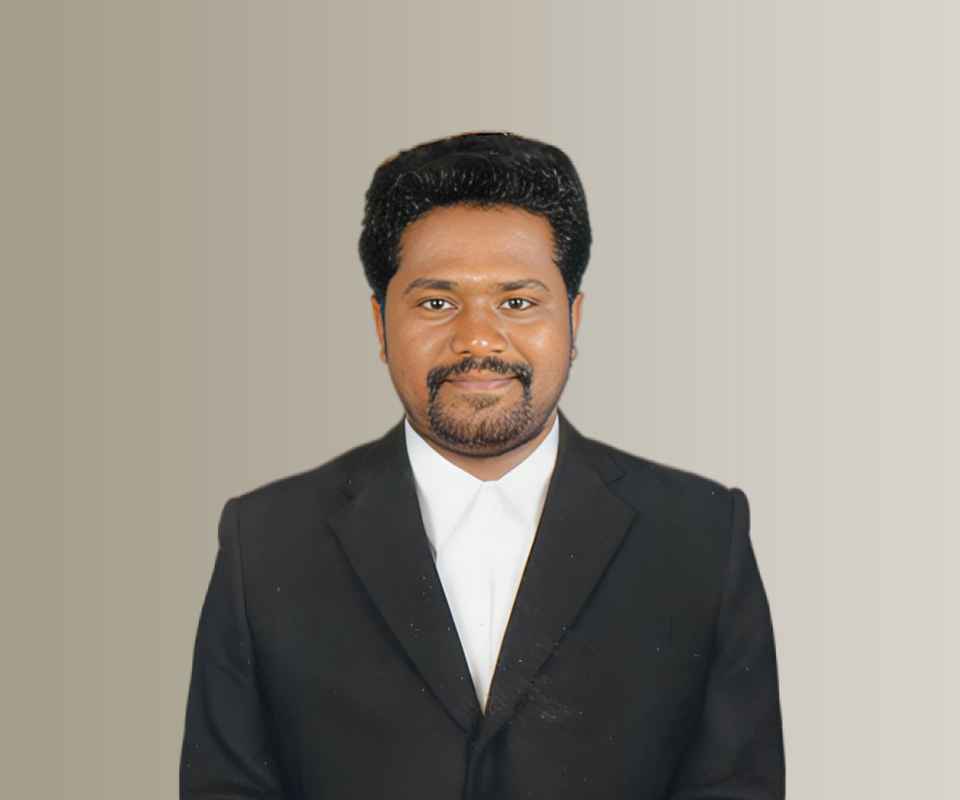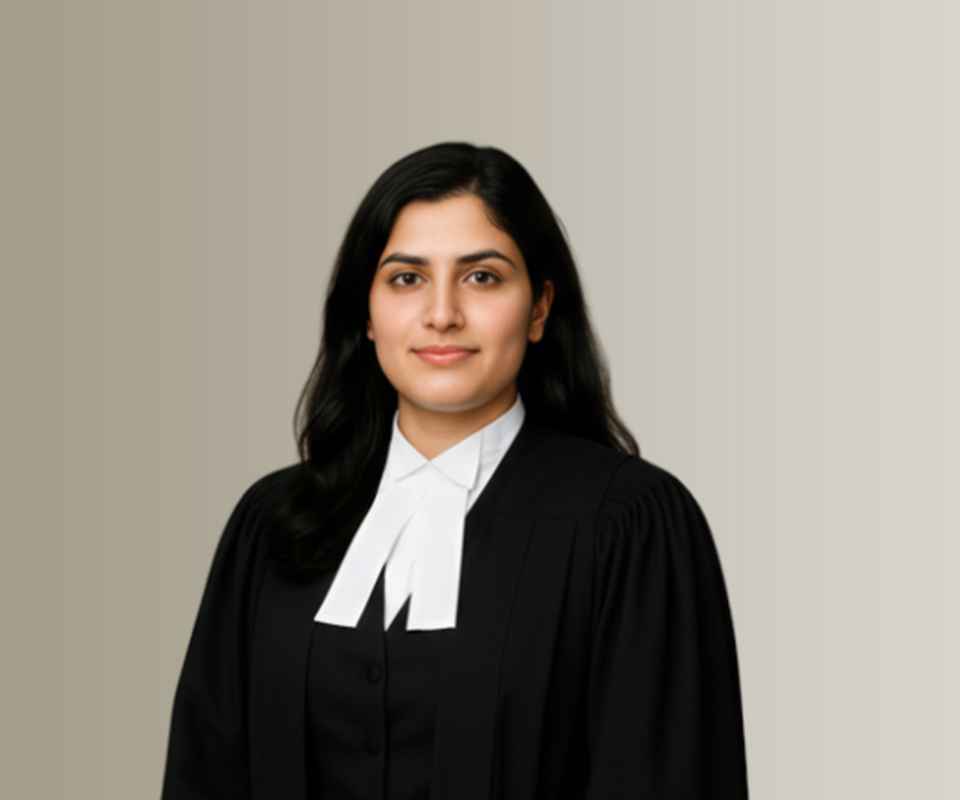Answer By law4u team
Yes, children do have certain legal rights that allow them to seek better living conditions, though these rights and their enforcement can vary based on the jurisdiction and the specific situation. Legal protections for children typically aim to ensure that they are provided with a safe, healthy, and supportive environment, whether in their own homes, in foster care, or in institutions. If children are subjected to unsafe or inadequate living conditions, they may be able to challenge these conditions through legal channels.
Legal Rights Allowing Children to Sue for Better Living Conditions:
Right to a Safe and Adequate Living Environment:
Children’s right to a safe and adequate living environment is enshrined in various international human rights conventions, particularly the United Nations Convention on the Rights of the Child (CRC). Article 27 of the CRC states that children have the right to an adequate standard of living, including suitable housing, food, and clothing, to promote their well-being.
Countries that have ratified the CRC are obligated to create conditions where children’s basic needs are met. If these needs are not met, children, through their guardians or welfare agencies, may take legal action to improve their living conditions.
Legal Mechanisms for Children to Seek Better Living Conditions:
Foster Care and State Care Settings:
Children in foster care or institutional care have legal protections to ensure they are provided with a safe and appropriate living environment. If children are subjected to neglect or abuse in these settings, they have the right to seek intervention by the state or to file a legal complaint.
In the United States, children in foster care may file a civil lawsuit if they are subjected to poor living conditions, abuse, or neglect. The state is responsible for ensuring that children in foster care are housed in appropriate, safe, and caring environments.
In India, the Juvenile Justice Act, 2015 mandates that children in need of care and protection be placed in fit institutions or foster care with safe living conditions. Children can raise complaints to the child welfare committees or take legal action for neglect or poor living standards.
Parental Responsibility and Family Law:
In family law, parents are legally obligated to provide for their children’s basic needs, including shelter, food, and safety. If parents fail to do so, children (or more typically, guardians or social services) can seek intervention.
If children live in conditions of neglect, where their physical or mental well-being is compromised (such as living in unsanitary or dangerous conditions), children or their guardians can sue or request social services intervention.
In many jurisdictions, children do not typically file lawsuits directly against their parents but can be protected through child welfare services, which act on their behalf.
Child Protection Laws and Welfare Agencies:
Child welfare services are available in many countries to protect children from unsafe living conditions, and they often serve as intermediaries in improving the living conditions of children.
In cases where a child is living in an environment that poses risks to their health or safety (e.g., overcrowded, unsanitary, abusive, or violent homes), child protection agencies or social workers can intervene to improve the situation.
In some situations, if authorities do not act quickly or properly, children or their guardians may seek judicial intervention to demand the state take action or improve the living conditions.
Judicial Intervention and Legal Representation:
In some legal systems, children can bring lawsuits or participate in proceedings to address poor living conditions. In some cases, children may be able to hire a guardian ad litem (a representative appointed by the court) to advocate for their best interests, especially in cases involving unsafe living situations.
For example, a child living in abusive conditions might have the opportunity to have their case heard in court through a guardian ad litem, who can request that the living situation be changed or that the child be placed in a safer environment.
In the United Kingdom, children can seek legal aid to challenge unsafe housing conditions or to request a court order to improve their living conditions. Additionally, in family court cases, the Children and Family Court Advisory and Support Service (Cafcass) may be involved to ensure that the child’s best interests are prioritized in decisions about their living situation.
Children’s Rights in Housing and Housing Conditions:
In addition to legal rights regarding protection and safety, children also have specific housing rights in some jurisdictions.
United States:
In the U.S., children living in poverty or in substandard housing conditions may have the right to request that local government agencies or housing authorities address unsafe living conditions. For example, children living in homes with lead-based paint, mold, or other hazardous conditions may have the right to sue or report these conditions to housing authorities.
European Union:
Under the European Social Charter, every child has the right to adequate housing, and member states are obligated to provide access to housing that is safe and healthy. Children living in emergency housing or slums may be able to seek legal action through local housing authorities or family courts to improve their conditions.
Civil Lawsuits and Class Action Lawsuits:
In some jurisdictions, children (or their guardians) may file civil lawsuits if their living conditions fail to meet legal standards. For example:
- Civil litigation might be pursued against a landlord, government housing agency, or foster care system if children live in unsafe or uninhabitable conditions.
- In extreme cases, children may be able to join a class action lawsuit to address systemic issues with housing conditions in certain areas or institutions.
In the United States, class action lawsuits have been filed to address poor conditions in public housing or foster care systems, where multiple children face similar living conditions.
International Human Rights Mechanisms:
Children also have access to international human rights bodies to address unsafe living conditions if national legal remedies are insufficient.
For instance, if a country is violating the rights of children to safe living conditions, such as inadequate housing or exposure to harmful environments, a complaint may be filed with international bodies like the United Nations Committee on the Rights of the Child.
The UNCRC encourages states to ensure that children’s living conditions are consistent with their physical, mental, and emotional well-being, and children’s rights to protection from violence, neglect, and abuse are integral to this.
Example:
Case Example in the U.S.:
A child living in a home with severe mold and leaking pipes may be able to report the conditions to local housing authorities or child protection agencies. If the authorities fail to act, the child (through a guardian) may be able to file a lawsuit against the landlord or local government, demanding repairs to ensure the child's health and safety.
Case Example in India:
A child living in a slum with inadequate sanitation and no access to clean water can file a complaint with the National Commission for Protection of Child Rights (NCPCR) or seek legal intervention through public interest litigation (PIL) in the courts to demand that the government or local authorities take action to improve their living conditions.
Conclusion:
Children do have legal avenues to seek better living conditions, though the exact mechanisms vary depending on the legal system and jurisdiction. Whether through child protection agencies, family law courts, civil lawsuits, or human rights bodies, children have the right to safe and adequate housing and living conditions. If those conditions are unsafe or inadequate, children or their guardians can take legal action to improve their situation. The rights of children to live in a safe environment are protected by both national laws and international human rights frameworks, ensuring that they can seek intervention and legal recourse to demand better living conditions.







